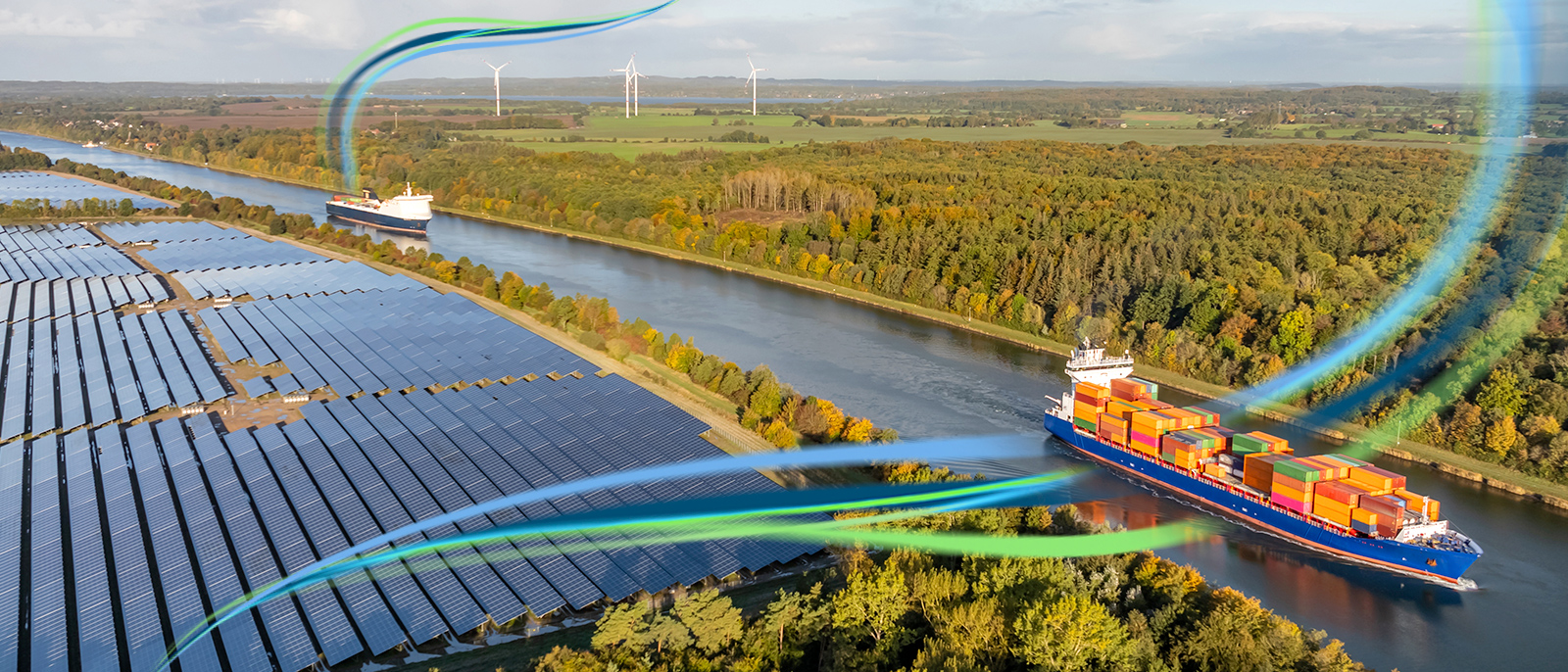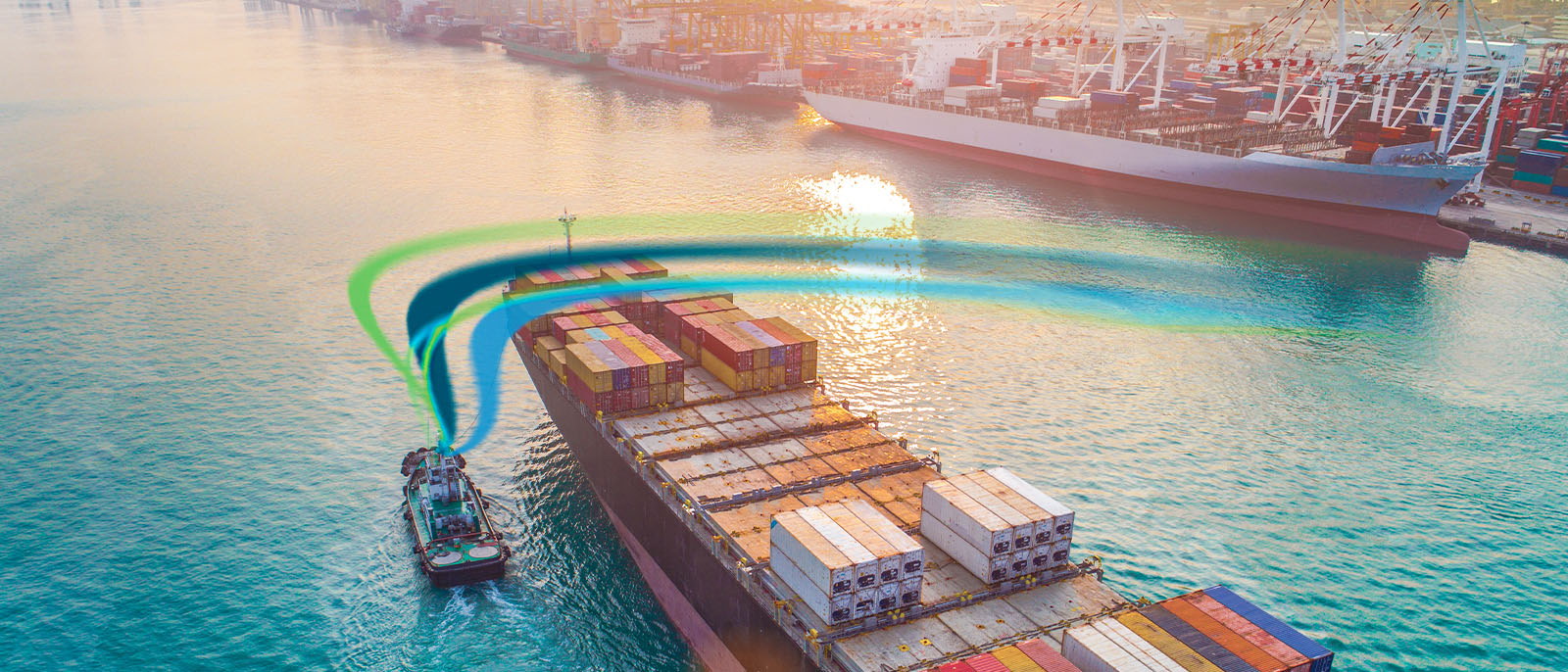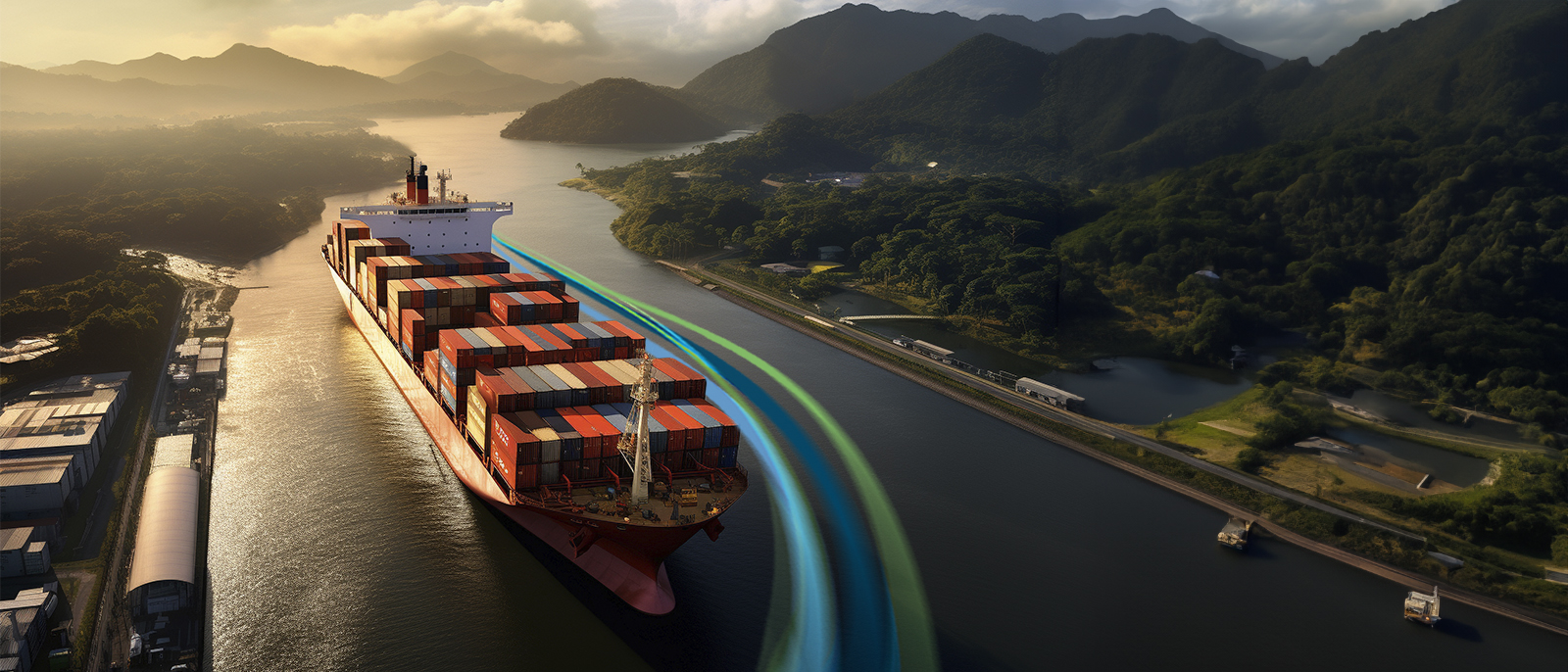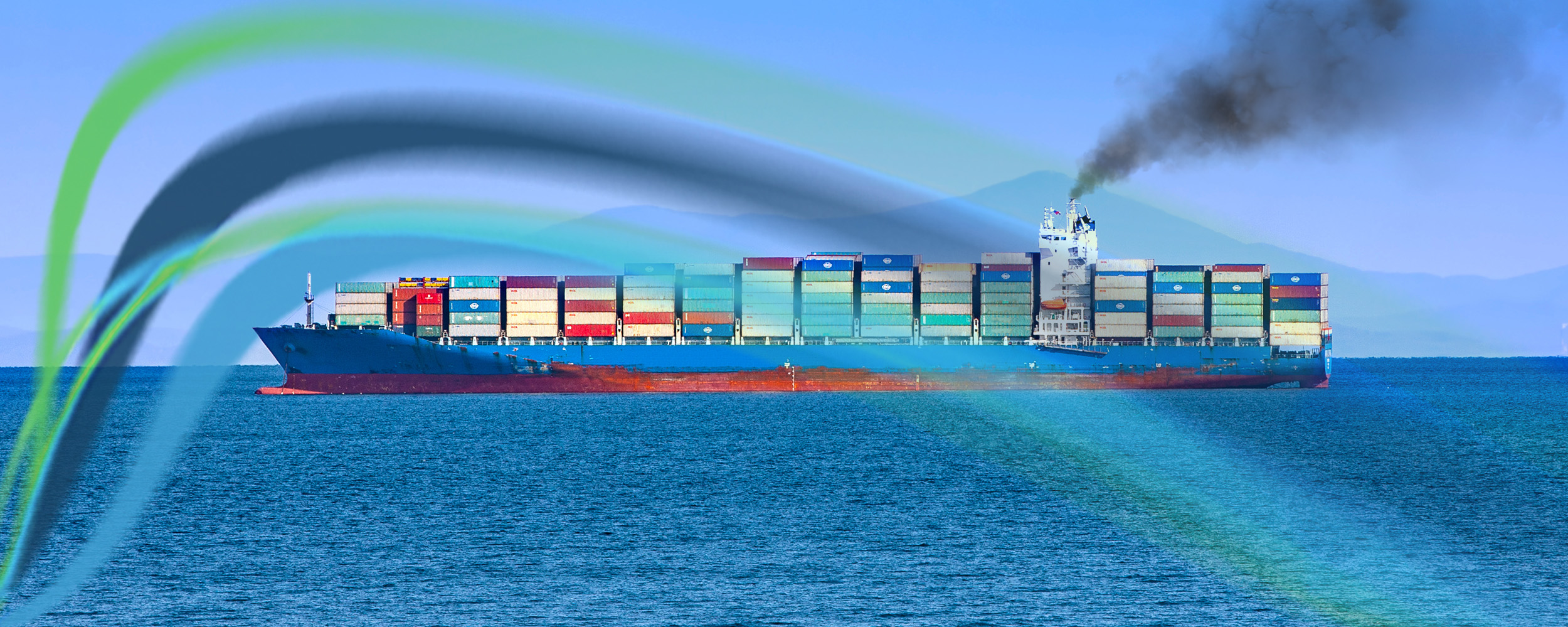
In an era where sustainability is no longer a buzzword but a business imperative, the shipping industry is turning to innovative solutions to reduce its environmental footprint. Among the most promising technologies are wind-assisted propulsion and solar-powered systems—reviving age-old maritime practices and blending them with cutting-edge innovation to create cleaner, more efficient vessels. This blog…








